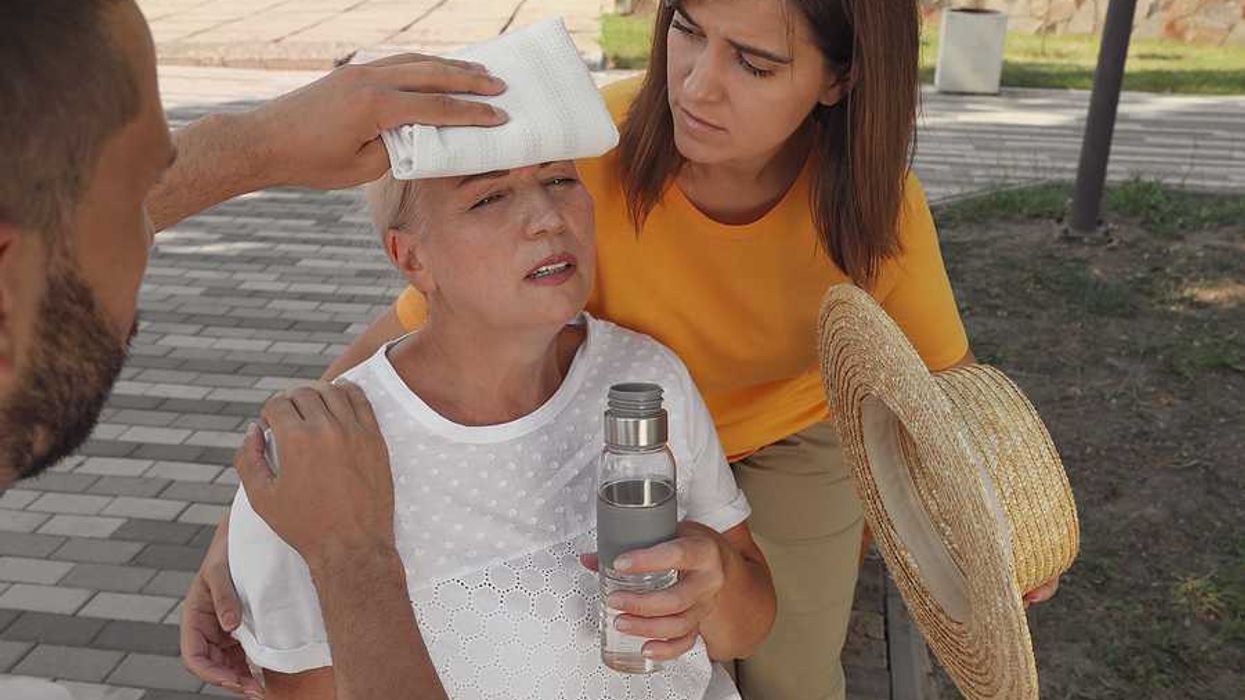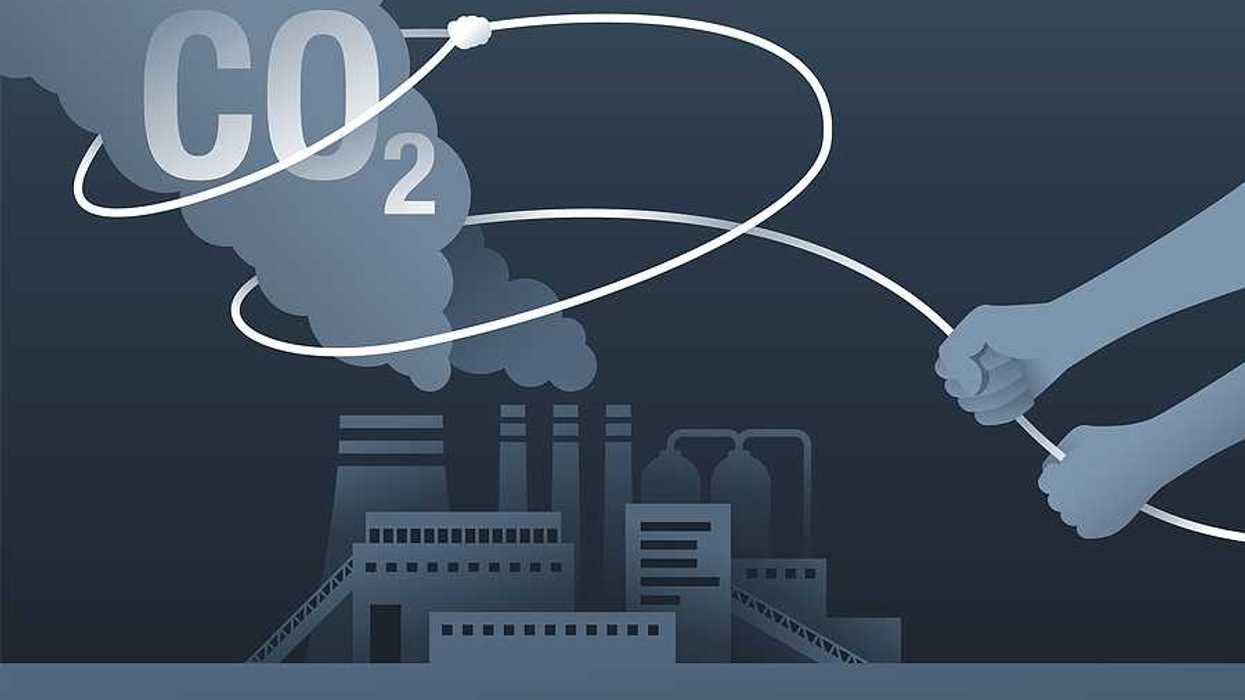More than a million people have signed a petition urging the French government to repeal a newly passed law allowing the return of acetamiprid, a pesticide banned since 2018 due to its harmful effects on bees.
In short:
- The “Duplomb law,” adopted on July 8 but not yet enacted, allows use of acetamiprid, a pesticide legal in the European Union but banned in France since 2018 due to its toxicity to pollinators.
- The petition, launched by a 23-year-old environmental health student, quickly gained national support, passing one million signatures amid growing concerns about biodiversity and public health.
- French lawmakers defending the law argue it offers critical relief to farmers, especially beet and hazelnut growers, who say they lack viable pest control alternatives.
Key quote:
“It represents a frontal attack on public health, biodiversity, the coherence of climate policies, food security, and common sense.”
— Eleonore Pattery, petition author
Why this matters:
The return of acetamiprid to French fields has reignited the debate over how to balance agricultural needs with environmental and public health protections. Bees and other pollinators play a critical role in food production and ecosystem stability, yet their populations have been in steep decline globally, largely due to pesticides, habitat loss, and climate change. Reintroducing chemicals known to disorient and kill bees could accelerate that collapse. While some farmers feel trapped by regulations and pest threats, restoring use of a substance that endangers biodiversity and possibly human health raises concerns far beyond crop yields. In an era of intensifying climate disruption, policies that weaken protections for pollinators may have long-term consequences for both nature and food security.
Read more: Pesticide rules spark protest as France weighs rollback on key farm ban














